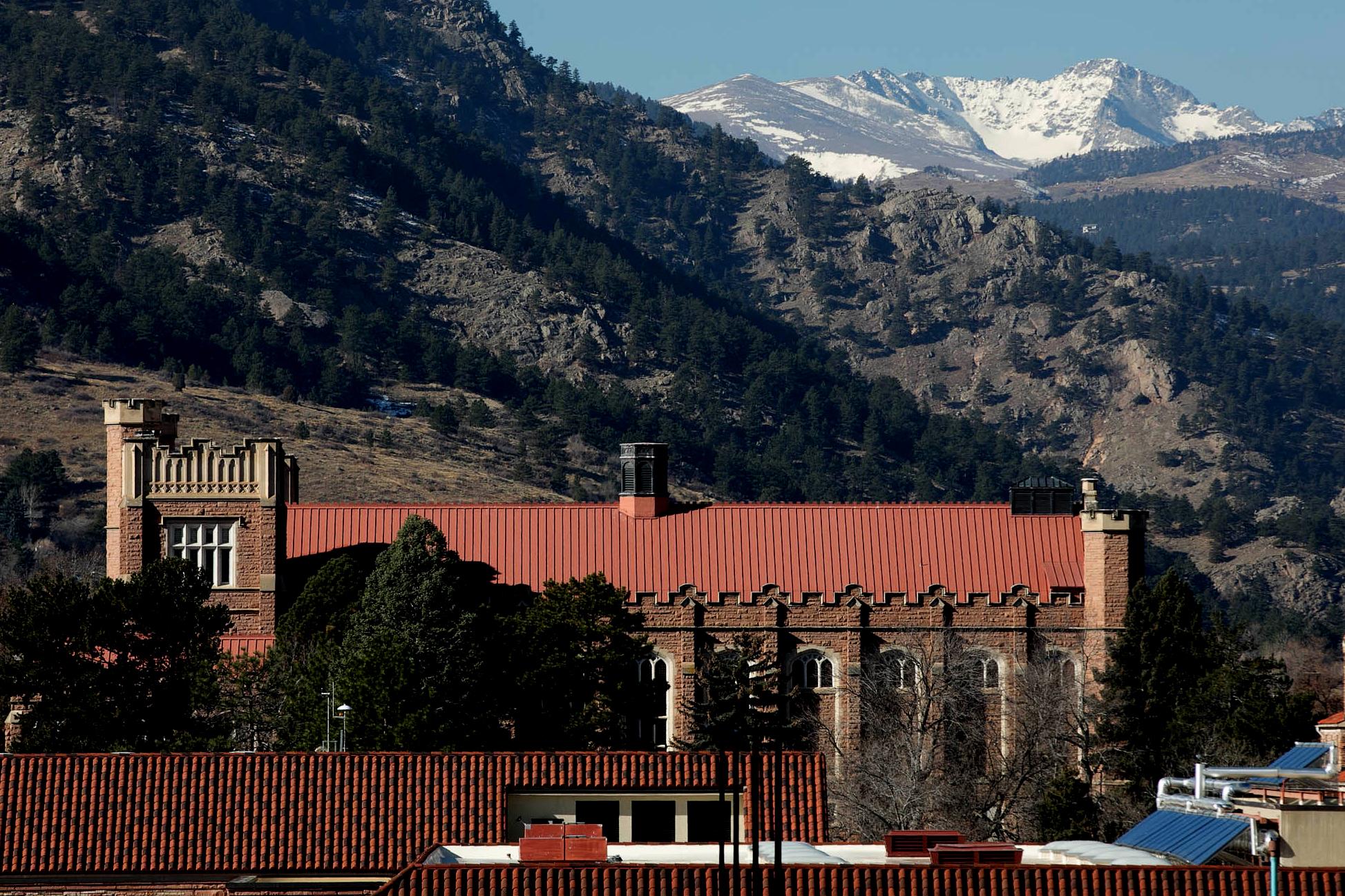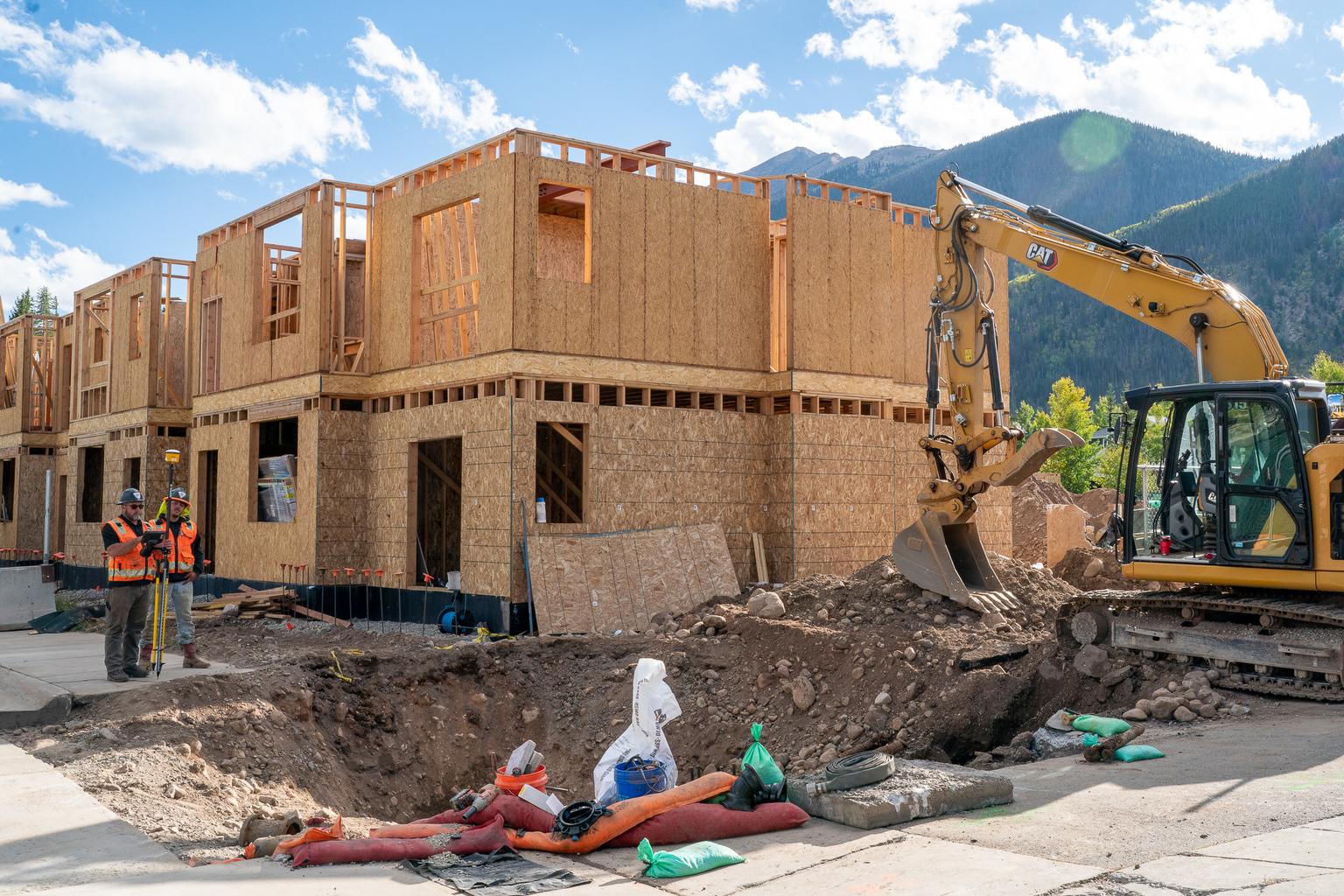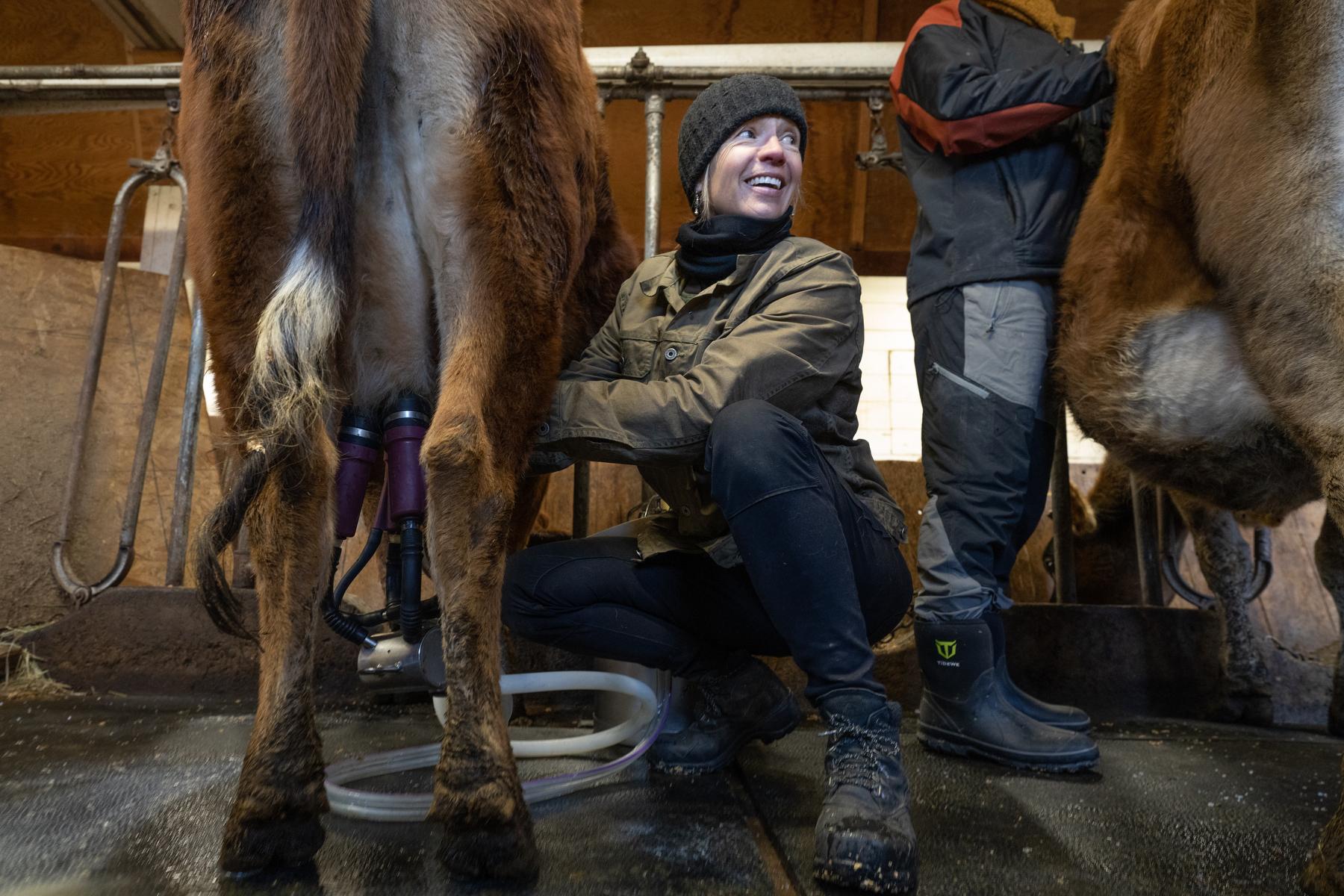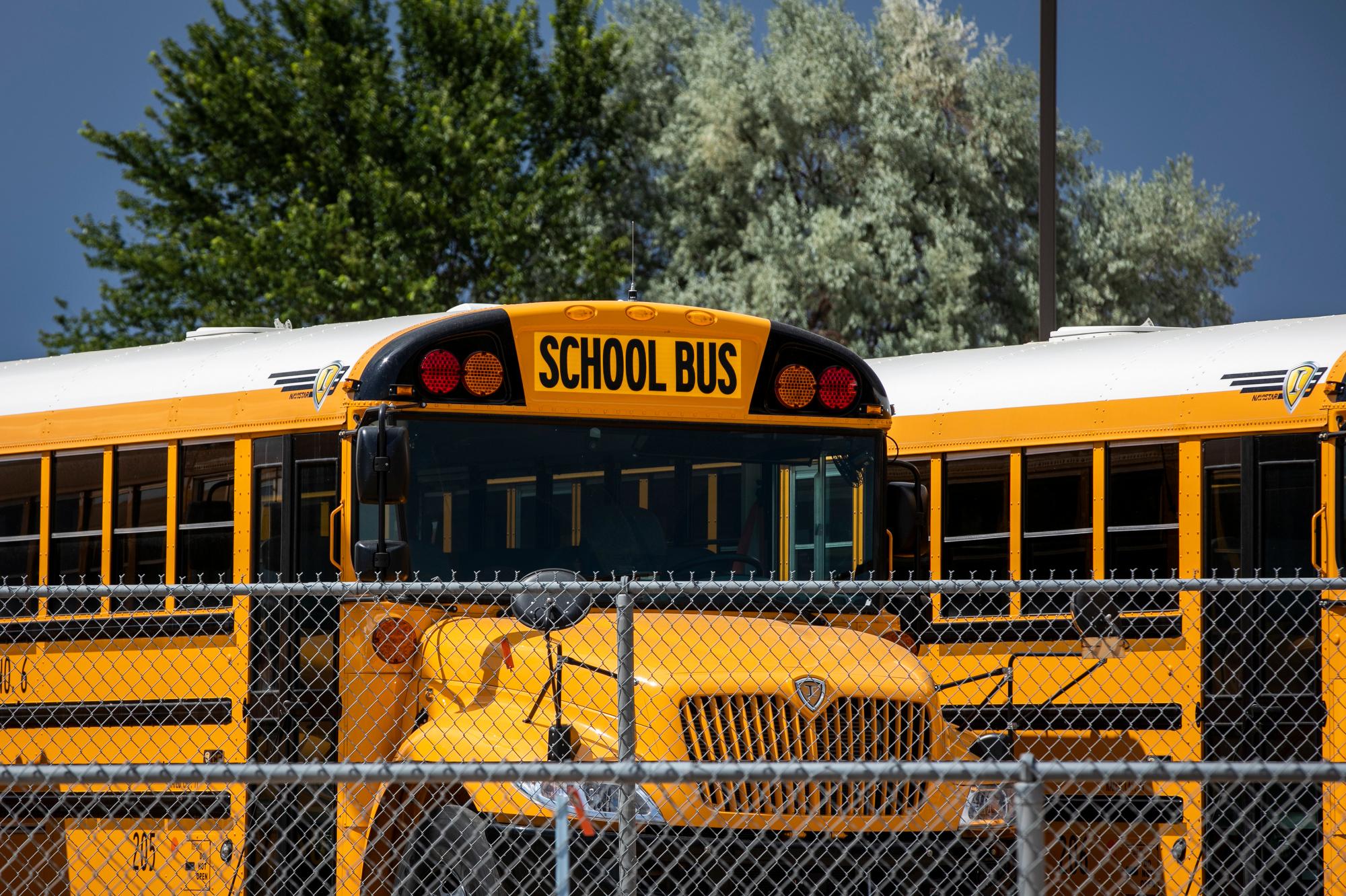
Updated 2:13 p.m.
The University of Colorado Boulder has asked students and workers at four residence halls on campus to get tested for COVID-19 as soon as possible. That's after wastewater tests detected possible outbreaks at the buildings, the university announced Wednesday.
Officials said they expect those tests to reveal an increase in COVID-19 cases, and they'll consider whether to move forward with any isolation or quarantines once they get results and do contact tracing.
“The next few days will be critical to our ability to maintain our current operating status,” Associate Vice Chancellor Dan Jones wrote in a letter. “It is imperative that we all continue to follow public health orders, avoid large gatherings, wear masks and practice physical distancing.”
CU notified students living in Darley North, Darley South, Libby Hall and Willard Hall of the possible outbreaks Wednesday and asked them to take saliva-based screenings. Those who test positive will be required to take a more accurate nasal swab test. Staff working at those dorms were also asked to get tested.
The uptick in tests will likely translate to an uptick of positive cases on campus, Jones said.
“We are concerned with this likely increase in positive cases over the past 24 hours, and we anticipate the increase in confirmed positive cases will continue through the remainder of the week,” he wrote.
Since classes started on Aug. 24, CU has conducted over 470 nasal swab tests and confirmed 37 coronavirus cases. This week alone resulted in 24 positive tests. CU’s testing statistics only account for tests administered on-campus and do not include testing done with outside facilitators.
In addition to possible outbreaks at dormitories, CU officials said they are monitoring three cases found on off-campus sorority and fraternity houses. Since the fall semester began, several fraternities have faced fines for violating health guidelines by hosting large gatherings.
Jones said the university expected spikes like this to occur and will use virus mitigation protocols — such as on-campus contact tracing and isolation spaces — as necessary. CU has 249 rooms on campus reserved for student isolation.
On Thursday, CU President Mark Kennedy joined the governor for a press briefing on the state's response to COVID-19.
"I think in most cases, if you traced it back, had everybody done what we're saying to do, those cases would not have occurred," Kennedy said.
Kennedy said the university's strategy of early testing, isolation, and tracing is key to keeping students on campus this semester. When asked, he did not provide details on what it would take for the university to shut down its campus again, like it did in March.
Other universities and colleges across the state continue to cope with the pandemic as well. Earlier this week in Colorado Springs, Colorado College moved most classes online and plans to reduce the number of students living on campus after it quarantined three dorms due to an uptick in COVID-19 cases. The school will continue to provide housing for international students and those in “dire” situations, officials said.
This is a developing story and will be updated.








